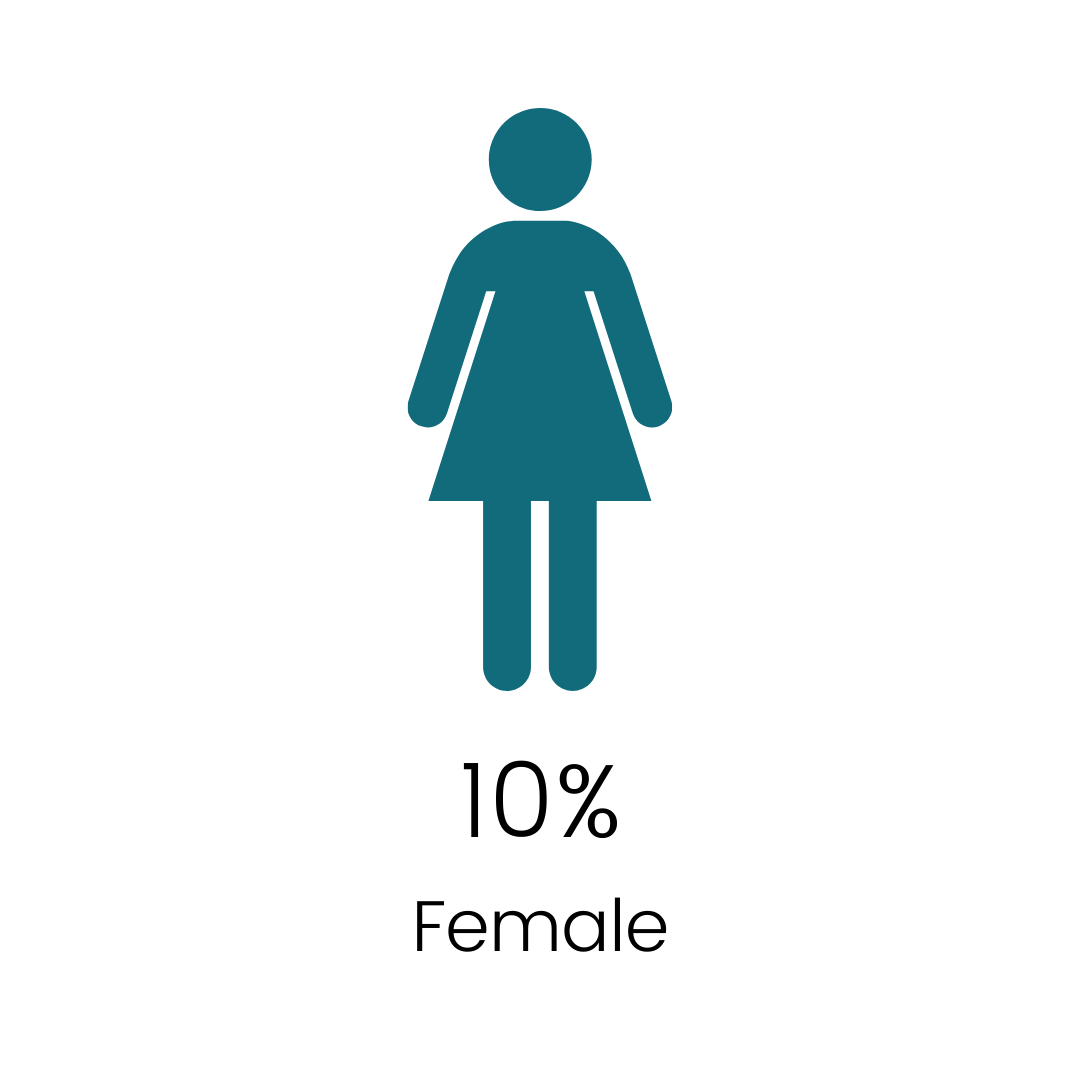Research: What do business and investment leaders bring to Team Scotland?
Faster growth in diversity at the top level is needed if Scotland is going to benefit from a wider spectrum of thought leadership to maximise the country’s ability to overcome challenges such as increasing productivity, innovation and improving risk management.
Research from the David Hume Institute looking into the education and diversity background of over 220 business and investment leaders shows that there is little diversity - and less than other sectors analysed in the Institute’s previous work.
The analysis found that:
There are still more leaders called John than there are female leaders (7% John and 5% female)
One in four (26%) have held positions at four services companies (Accenture, EY, McKinsey, PwC)
2 out of 3 (65%) of investment company leaders attended an elite university with 1 in 5 of these attending Oxford or Cambridge. This compares to 49% of Angel Investment leaders who attended an elite university.
9% of investment company leaders are female - falling behind the UK average (13%)
20% of angel investor leaders are female - higher gender diversity than others in the business sector
31% of the top business leaders also hold positions on other boards, showing a narrow pool of decision makers has significant influence beyond their own companies.
The David Hume Institute’s research clearly shows limited diversity of Scotland’s top business and investment leaders. Scotland needs its business leaders to not only champion diversity across their organisations, they need to be open to more immediate change at the most senior levels to reap the benefits of more diverse thinking now.
Every business leader must choose to prioritise diversity of thought as we recover from the pandemic if Scotland’s businesses are to increase productivity and resilience to future risks. For Scotland to be in the Champions League for business and investment we need a more diverse squad available for selection.



